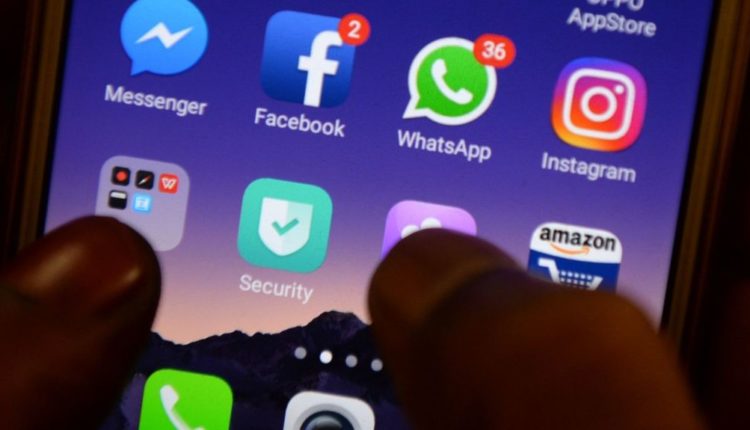The dark side of social media: How unrealistic beauty standards are causing identity issues
These days, social media is doing more harm than good with young men and women becoming increasingly insecure due to unrealistic beauty ideals.
In one way, the digital age has opened us up to another world, created jobs we never knew could exist and connected people, the world over.
On the other hand, the pressure to keep up with what we see online has become a morbid cycle which is destroying lives one click at a time.
In particular, men and women have found themselves battling identity issues due to the unrealistic beauty standards set by what they see on social media.
Many have developed serious mental heath issues, identity issues and even body dysmorphia trying to emulate the beauty standards that are simply unattainable.
How do we distinguish reality from the fake and how do we protect ourselves form the dark side of social media?
The first thing most of us do when we wake up in the morning is to instinctively reach for our phones. From the very minute we open our eyes, we are immersing ourselves in an alternate reality.
Just as most of us use social media to promote ourselves, tons of celebrities, influencers, models and brands, also use it to sell themselves by creating an image of perfection.
It’s hard not to see a multitude of perfectly toned beauties, flat stomachs, plump breasts, impossibly long legs and perky, perfectly rounded butts.
Thousands of Instagram accounts promote images of perfectly sculpted men and women.
Whilst we may believe we are mindlessly scrolling though such content, our subconscious is soaking it all up and before we know it, those perfectly formed bodies have become the standard by which we measure everything else.
There is an apparent problem within this false world of idealism. Thousands of famous people and models on social media document their workout routines, eating habits, and other aspects of their lifestyle that contribute to the way they look. There is only one problem with this industry; it’s all fake.
False representations and unrealistic standards
An Instagram model can post a picture of herself in a bikini, showing off her taut stomach, holding up a weight loss tea supplement. Her caption reveals that said supplement is the secret to her honed physique.
This alone, sends a very dangerous message to millions of her followers, the majority of whom are impressionable young women.
It is spreading the idea that supplements, diet pills and detox teas are the best way to achieve her body type, when in reality, it could not be further from the truth.
More often than not, their looks are a combination of gym, plastic surgery and a generous amount of retouching.
Her job is to look perfect and promote merchandise. This creates an unrealistic beauty standard for all of her followers who believe that this product is their ticket to a perfect body.
In reality, a perfect body does not exist. An immense amount of planning, makeup and photo editing went into the final Instagram picture she posted. It’s designed to sell a product, not support a healthy lifestyle.
This leads to low self-esteem and negative thinking towards food. It is incredibly important to teach young women and men that social media is not real life.
Every day, we see the hashtag ‘body goals’ or ‘thinspo,’ which is supposed to serve as inspiration to acquire a thin body.
In essence, social media tells us that we need to be a beautiful person in order to be worthy which could not be further from the truth.
According to eating disorders statistics estimated by the National Eating Disorder Association, in the USA up to 30 million people suffer from an eating disorder such as anorexia nervosa, bulimia nervosa or binge eating disorder. Worldwide the figure is more like 70 million sufferers.
There is a positive correlation between the rise of social media and the rise in eating disorders among young men and women. Many desperately trying to emulate the types of bodies they see and ending up doing more physical and psychological damage to themselves.
The Beauty Revolt
In a kickback against the devastating effects of social media on, in particular on young people already struggling to understand themselves and where they fit in, a bunch of accounts have popped up on Instagram revealing the truth behind those ‘perfect’ pictures.
Accounts such as @celebface may seem like they are picking on people but in reality, they are created to remind us that social media is nothing but smoke and mirrors and that those we hold in such high self-esteem are nothing but mere mortals.
Celeb Face will make you feel better about yourself and realise that ‘celebs they’re just like us!!!’ You can see their pores and fine lines, and they too use FaceTune.
The account also reveals before and after surgery shots of celebrities and influencers so that we can see that some of these ‘ideal’ bodies are mad-made. Overall, it reminds us not to be so hard on ourselves.



